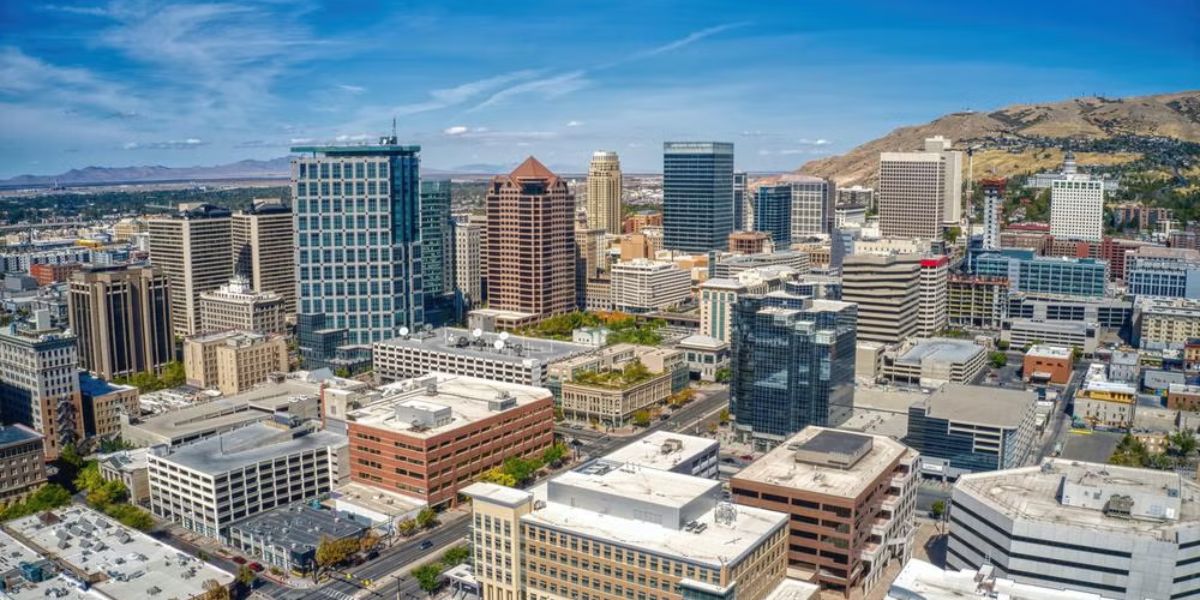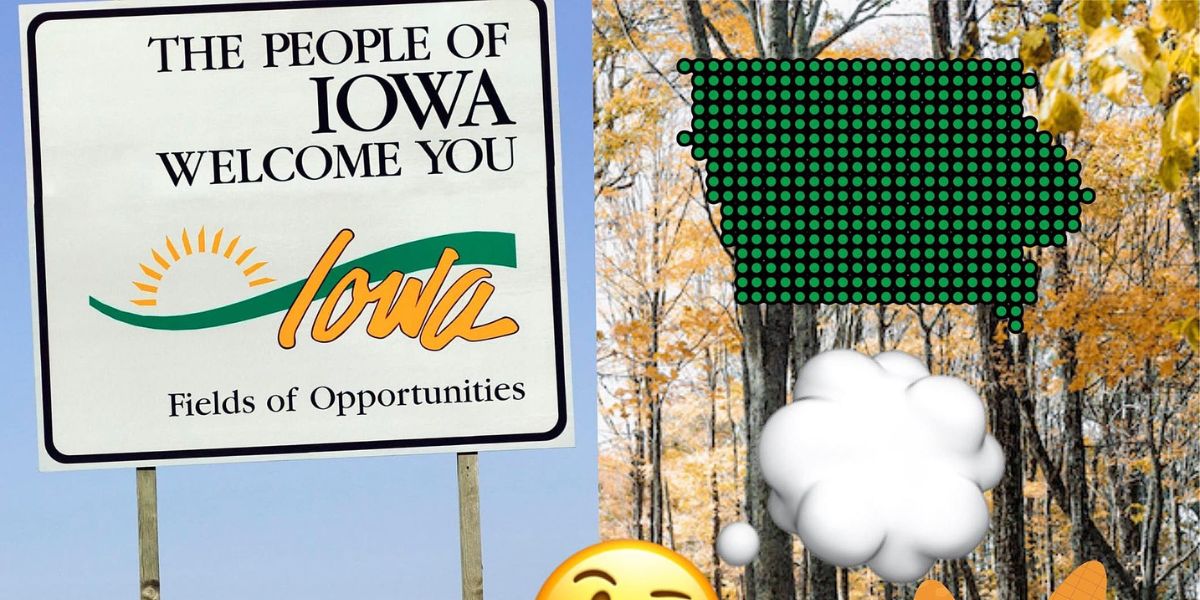Think about moving to Utah. While the Beehive State has breathtaking scenery and vibrant communities, it is not without its troubles. Before you pack up and travel west, consider the potential drawbacks. Several elements may not meet your expectations, including the high cost of living and housing affordability, as well as the harsh realities of the state’s arid climate.
Utah’s particular cultural and social environment, paired with its distinctive legislation and lifestyle peculiarities, can be jarring for newcomers. In this article, we look at ten reasons why some people are regretting their decision to relocate to Utah.
Understanding these characteristics will allow you to make a more informed decision and prepare for the realities of living in this diverse state.
1. Extreme Weather Variability
Utah has a wide variety of weather conditions, from burning hot summers to freezing cold winters. Temperature variations can be dramatic, making it difficult to acclimate and be comfortable year-round. Heavy snowfall is common during the winter months, especially in hilly areas, making driving difficult and increasing heating bills.
2. Air Quality Issues
Utah, particularly the Salt Lake City area, suffers from poor air quality, especially in the winter months. Inversions trap pollutants in the valley, causing pollution and health risks. This can be harmful for people with respiratory disorders and lower their overall quality of life.
3. High Cost of Living
Certain parts of Utah, such as Salt Lake City and Park City, have high cost of living. Housing prices and rentals have risen sharply, making it difficult for new people to obtain affordable housing. Overall, products and services can be more expensive than in other places.
4. Limited Nightlife and Entertainment
Utah has a reputation for a more conservative culture, which might lead to less nightlife and entertainment alternatives, especially in smaller towns. Those accustomed to a thriving entertainment scene may find the options in Utah disappointing. The state’s alcohol restrictions are also stricter, which can limit social activities.
5. Cultural homogeneity
Utah’s population is relatively homogeneous, with a sizable proportion of individuals subscribing to the Church of Jesus Christ of Latter-day Saints (LDS Church). This can result in a cultural atmosphere that is less varied and accommodating to people from different backgrounds or beliefs. Adapting to the local culture might be difficult for newcomers.
6. Isolation from major cities
Utah is significantly remote from other large metropolises. The nearest large cities, like Las Vegas and Denver, are several hours away by automobile. This may make travel and access to larger cultural and economic opportunities more challenging.
7. Limited Job Market Diversity
While Utah’s economy is improving, its job market may be limited in diversity. Certain businesses, such as technology and outdoor leisure, dominate the economy, making it difficult for people to work in other fields. Job possibilities may be more limited, and getting work in a particular industry may need relocating to another state.
8. Public Transportation Limitations
Utah’s public transit choices can be limited, especially outside of Salt Lake City. Those who do not own a car may find it more challenging to commute and travel within the state. The reliance on personal vehicles might result in higher transportation expenses and traffic congestion.
9. Dry climate
Utah’s arid climate can be damaging to the skin and respiratory system. Low humidity can cause dry skin, nosebleeds, and respiratory discomfort. Those used to more humid areas may struggle to adjust to the arid circumstances.
10. Wildlife Encounters
Living in Utah means being near to nature, which can occasionally result in unexpected wildlife encounters. Bears, mountain lions, and other wildlife are commonplace, especially in rural and mountainous areas. These encounters can be perilous, so residents should take extra measures.
Summary
To summarize, while Utah has beautiful scenery and thriving communities, possible negatives such as harsh weather, high living costs, and limited career diversification can be difficult. Understanding these characteristics is critical for making an informed decision about coming to Utah and being prepared for the particular realities of living in the Beehive State.




